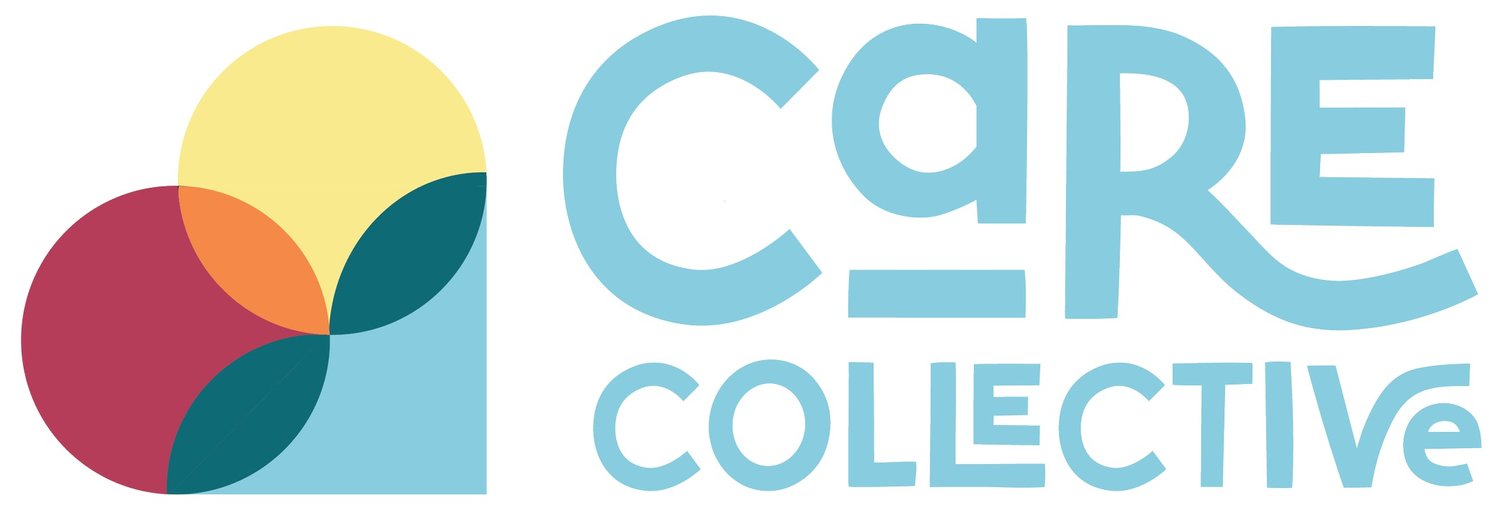1 in 4
menstruating teens in the US have missed class due to inadequate access to period supplies
48%
of Kalamazoo Public School students are eligible for free and reduced lunch programs
61%
of students have worn a tampon or pad for more than four hours because they did not have enough products
Period poverty is inadequate access to period products needed to participate in daily activities due to financial constraints. There is no federal or state assistance for purchasing period supplies.
SNAP and WIC do not cover period supplies.
Benefits from Access
Increased Attendance and Engagement
Providing free menstrual products in schools boosts student attendance in both classes and extracurricular activities. When young people have what they need to attend school, they can learn, participate, and feel more confident.
Improved Mental and Physical Health
Expanding access to period products improves the mental and physical health of students. Adequate access prevents health complications, such as infection, and shields students from the stress and shame of going without.
Destigmatization of Menstruation
Making period products available in schools encourages open discussions about menstruation. When paired with educational literature, this access bridges the gap between those who menstruate and those who do not, fostering an inclusive environment for everyone to learn more.
Support for Gender-diverse Young People
By providing ungendered period kits, Care Collective aims to separate menstruation from gender, emphasizing that anyone can menstruate. This approach allows menstruation to be viewed as a normal bodily function—experienced by some, but understood by all.
Who This Impacts
Black and Latine Young People
A survey commissioned by Thinx & PERIOD found that almost half of Black and Latine students feel they cannot do their best in school because of a lack of access to period products.
Students of all Genders
Young people who menstruate miss valuable class time when they don’t have the products they need. Since women and trans individuals make up the majority of menstruators, this disparity reinforces gender inequities in education.
Households Earning a Low Income
Period poverty is not just felt by young people who menstruate; their caregivers also face the financial burden of purchasing menstrual products. This inequity is particularly pronounced for BIPOC menstruators, whose families are more likely to have lower incomes.
If You Need Menstrual Supplies
Care Collective does not directly distribute period products to individuals.
Anyone who receives period products from us gets them through one of our partner organizations. For a list of these partners, the programs and services they offer, and how you can contact them, visit the link below.
If you need other resources, contact 211.



